Found 29 movies, 0 TV shows, and 2 people
Can't find what you're looking for?
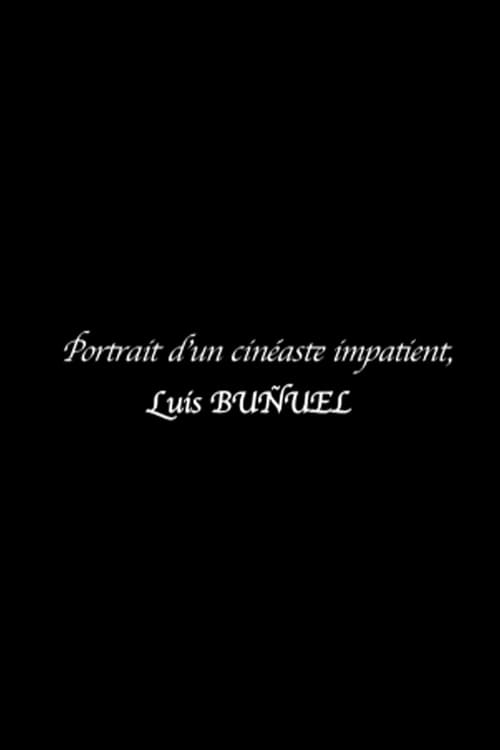
A documentary about the making of Luis Buñuel's 1977 film THAT OBSCURE OBJECT OF DESIRE, featuring interviews with the assistant director and cinematographer.
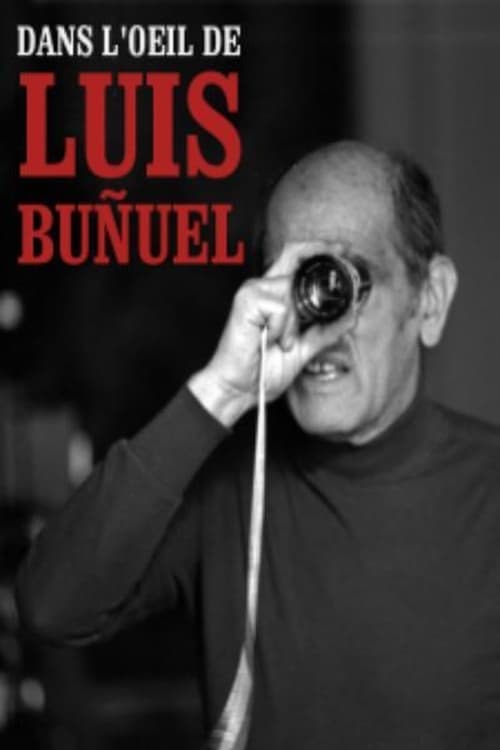
Don Luis Buñuel (1900-1983) as intimately portrayed by his friends (Carlos Saura, Jean-Claude Carrière) and actors (Michel Piccoli, Carole Bouquet). Libertarian, subversive, deeply affected by the cruelty and violence of the world, despising jargon and psychology, fond of jokes: such was Luis Buñuel, a towering—and unclassifiable—filmmaker. He left behind over thirty films exploring such themes as cruelty, fetishism, desire and sexual frustration, the bourgeoisie, class struggle, religion, Surrealism, the power of the imagination, along with an autobiography and a few interviews, which form the framework of this portrait.
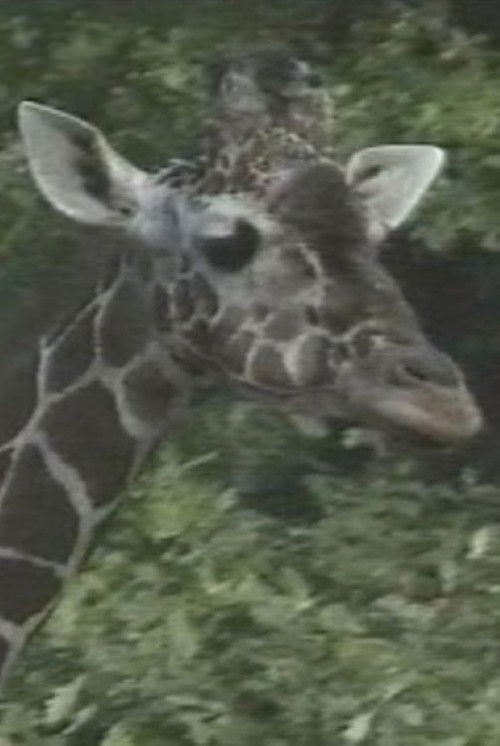
This short segment by Manfred Blank for the magazine Buchladen focuses on Luis Buñuel.
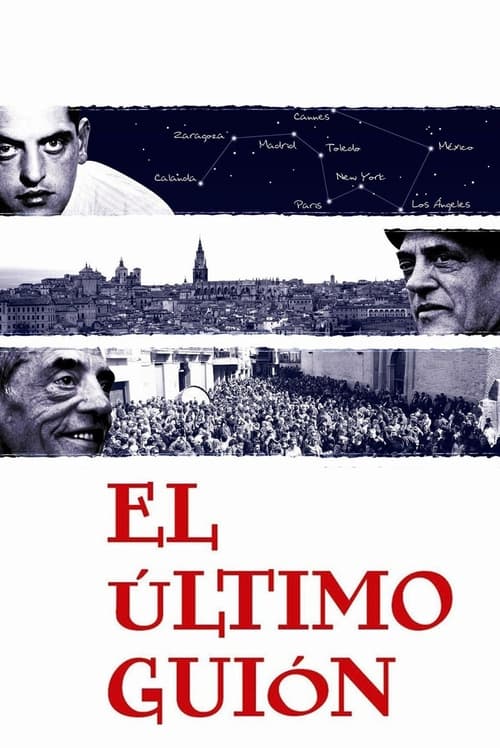
A loosely chronological visual “scrapbook” marking the 25th anniversary of the death of Luis Buñuel.

No description available for this movie.
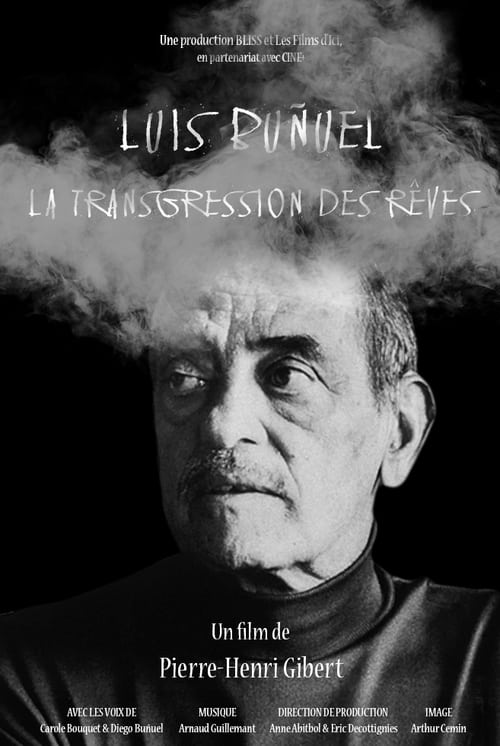
Based on unpublished interviews with the family, Jean-Claude Carrière, his writer and biographer, family archives, mini-fictions that dramatize the memories evoked and in constant echo with the upcoming films whose images seem to crystallize over the narrative, we wish to reinterpret Luis Buñuel's work through these decisive years, revealing hidden coherence, originality and beauty.
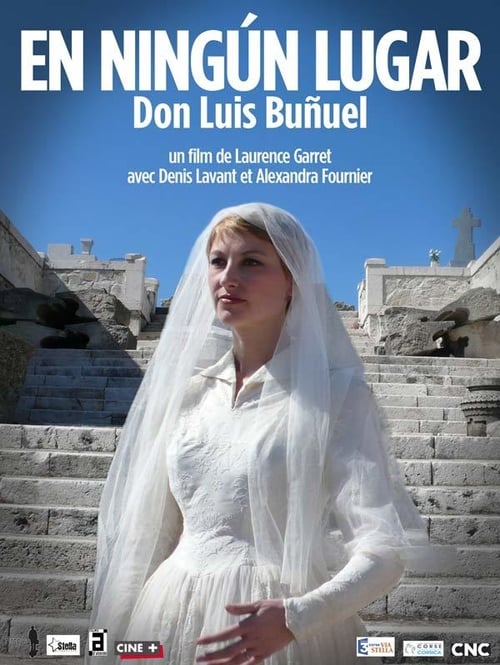
Denis Lavant reads long passages from Luis Buñuel's semi-autobiographical "My Last Sigh". From this text, without film excerpts, Laurence Garret travels in the footsteps of Buñuel, from Calanda to Zaragoza, Madrid to Toledo, Spain to Mexico.

Part of the Series: Discovering The Arts
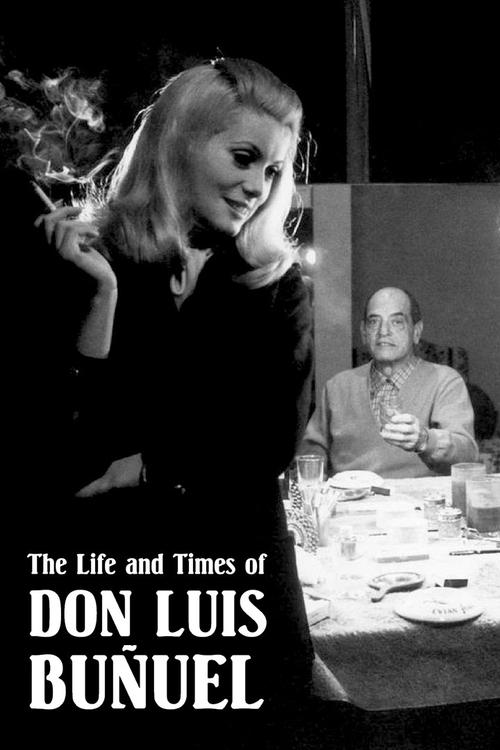
Made a year after Luis Buñuel's death in 1983 this is an illuminating portrait of the surreal and visionary director, featuring clips, archival interviews, and commentary from scholars and contemporaries including Catherine Deneuve, Fernando Rey, and Jeanne Moreau. Directed by Anthony Wall with readings from Buñuel's autobiography by Paul Scofield. Six trims to meet copyright restrictions.
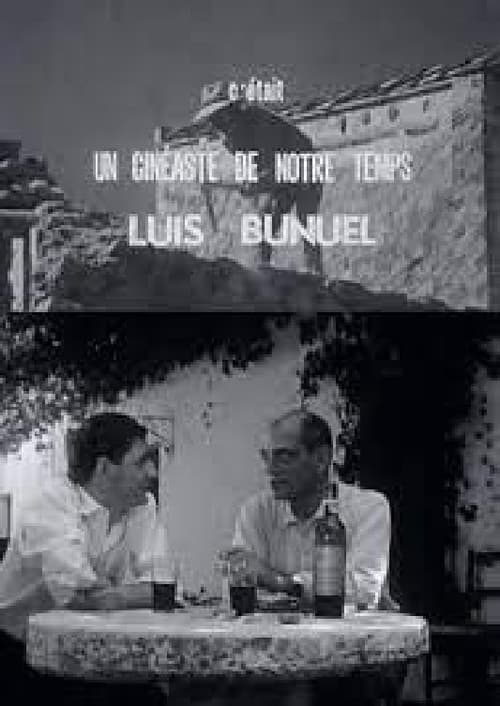
An overview of Luis Buñuel's career. Includes an interview with the filmmaker.

No description available for this movie.
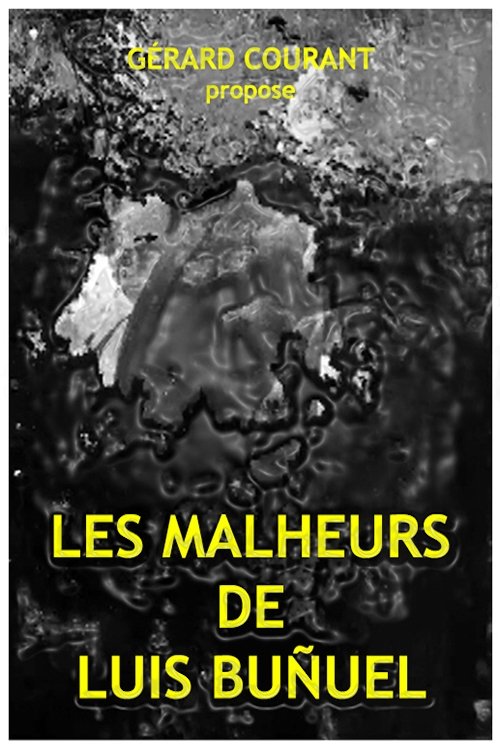
The Misfortunes of Luis Buñuel shows the ravages of time on the rushes of the film The Golden Age that Luis Buñuel shot in 1930. By isolating and slowing down the most damaged parts of the rushes of the Spanish master's film, I managed to to create an object with abstract shapes and, insidiously, to give another life to a leading artistic work.

No description available for this movie.
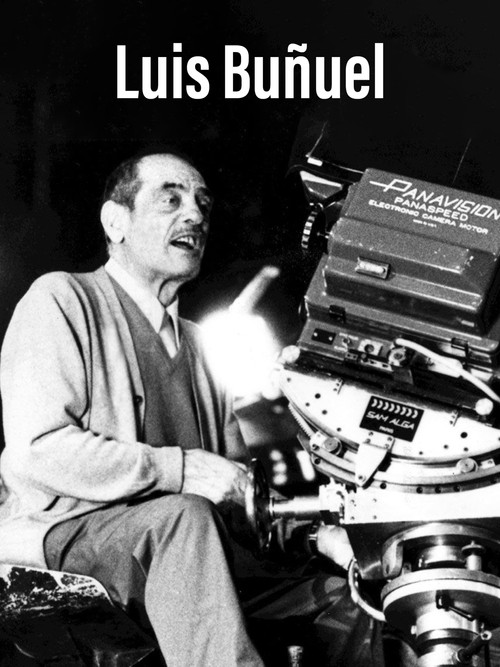
No description available for this movie.
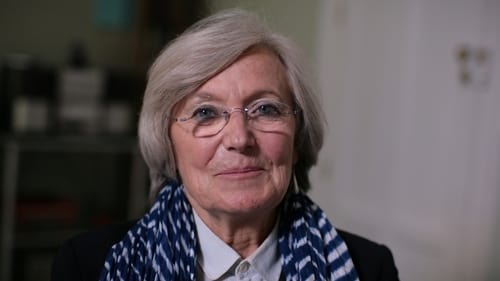
Spain, 1960. French student Monique Roumette lives in Madrid on a scholarship. Thanks to a friend who works in the production company Uninci, she has the privilege of attending the shooting of Viridiana, a film directed by Luis Buñuel.
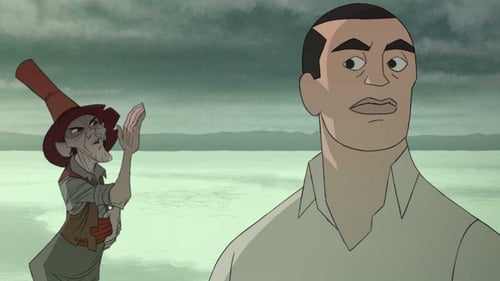
Paris, 1930. Luis Buñuel is penniless after the scandal surrounding the release of his last movie. Sculptor Ramón Acín, a good friend, buys a lottery ticket and promises Buñuel that he will pay for his next movie if he wins the prize.
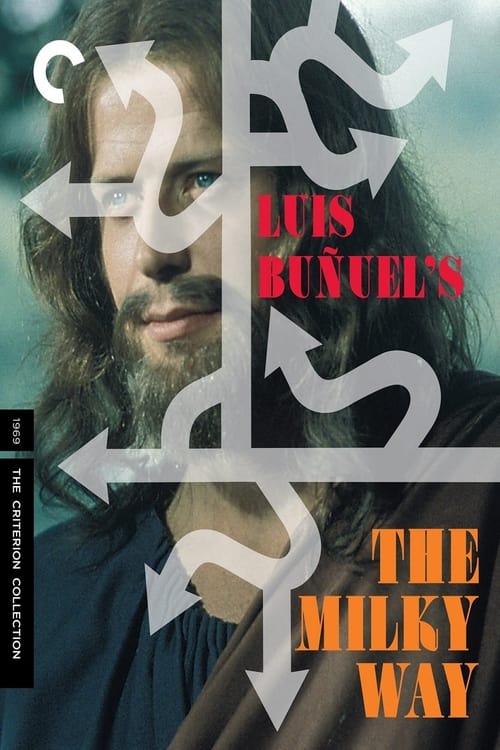
Documentary featuring interviews with several of legendary Spanish director Luis Buñuel’s close friends and collaborators.

No description available for this movie.
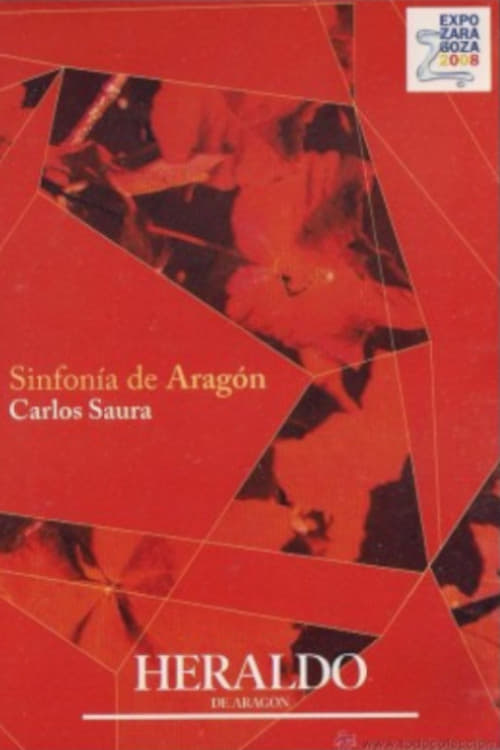
Carlos Saura shows us in this piece his personal vision of the land where he was born. Throughout the seasons we enter a route that ranges from the green Pyrenean landscapes to the Monegros desert. The images offer us the beauty of this Aragonese land but also reflect the harshness of its contrasts.
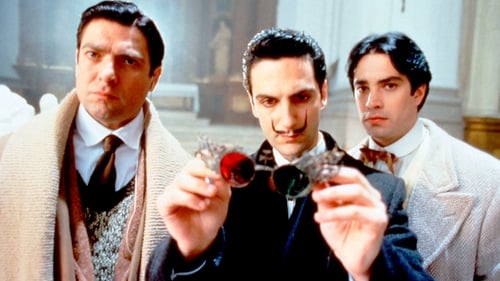
The old Spanish filmmaker Luis Buñuel (1900-83) imagines a movie plot, set in Toledo in the future 2002, about the fantastic adventure of three actors, who play him and his friends, the painter Salvador Dalí (1904-89) and the poet Federico García Lorca (1898-1936), and their search for King Solomon's table, a mythical artifact capable of revealing the past, present and future.
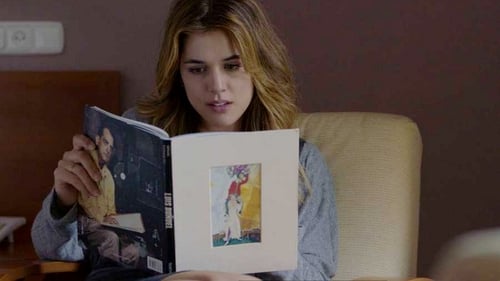
A modern answer to Luis Buñuel's mythical documentary “Land Without Bread” (1933) about Las Hurdes, a historically impoverished region of the province of Cáceres, in Extremadura, Spain, and also a journey of discovery of the soul of this beautiful land and its inhabitants.
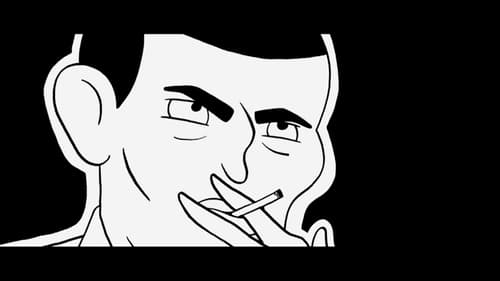
Spain, 1932. Spanish filmmaker Luis Buñuel travels to the region of Las Hurdes, in Extremadura, where he shoots his third film, a very critical and later controversial documentary about the living conditions of the poor peasants, abandoned and forgotten by the national authorities.
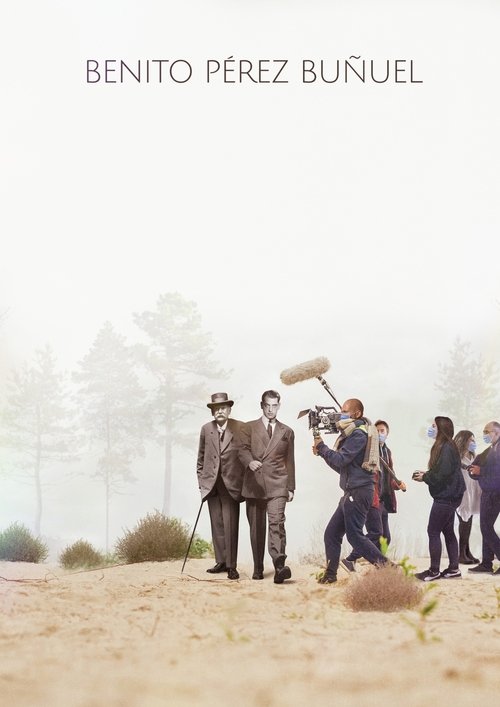
The voices of the most prestigious specialists, admirers and names close to the Galdósian and Buñuelian worlds will help answer: who is Benito Pérez Galdós and who is Luis Buñuel? What about Galdós in the cinema of Buñuel? What united them?
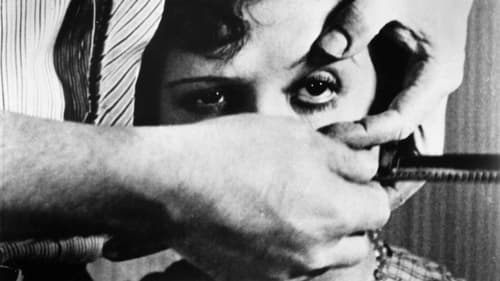
Un Chien Andalou is an European avant-garde surrealist film, a collaboration between director Luis Buñuel and Salvador Dali.
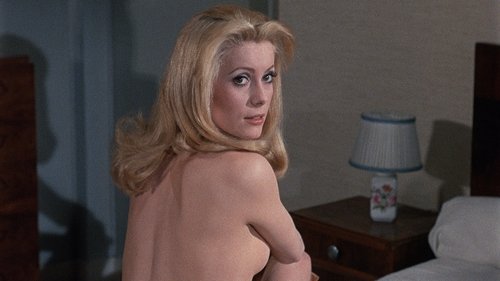
Beautiful young housewife Séverine Serizy cannot reconcile her masochistic fantasies with her everyday life alongside dutiful husband Pierre. When her lovestruck friend Henri mentions a secretive high-class brothel run by Madame Anais, Séverine begins to work there during the day under the name Belle de Jour. But when one of her clients grows possessive, she must try to go back to her normal life.
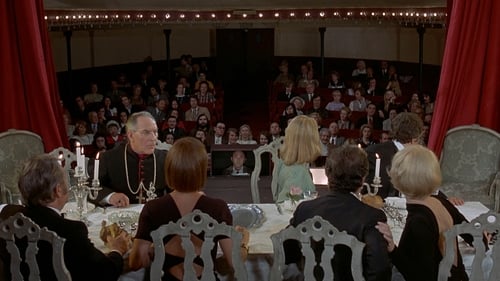
In Luis Buñuel’s deliciously satiric masterpiece, an upper-class sextet sits down to dinner but never eats, their attempts continually thwarted by a vaudevillian mixture of events both actual and imagined.
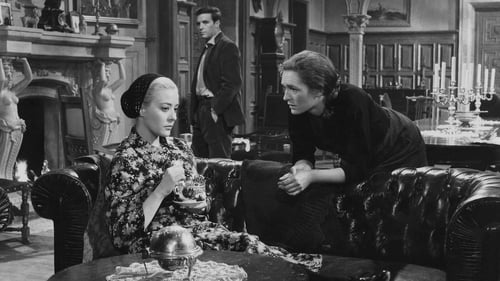
Viridiana is preparing to start her life as a nun when she is sent, somewhat unwillingly, to visit her aging uncle, Don Jaime. He supports her; but the two have met only once. Jaime thinks Viridiana resembles his dead wife. Viridiana has secretly despised this man all her life and finds her worst fears proven when Jaime grows determined to seduce his pure niece. Viridiana becomes undone as her uncle upends the plans she had made to join the convent.
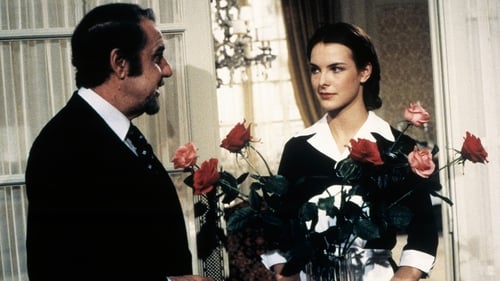
After dumping a bucket of water on a beautiful young woman from the window of a train car, wealthy Frenchman Mathieu, regales his fellow passengers with the story of the dysfunctional relationship between himself and the young woman in question, a fiery 19-year-old flamenco dancer named Conchita. What follows is a tale of cruelty, depravity and lies -- the very building blocks of love.
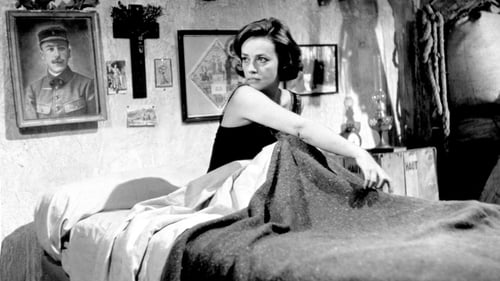
Celestine has a new job as a chambermaid for the quirky M. Monteil, his wife and her father. When the father dies, Celestine decides to quit her job and leave, but when a young girl is raped and murdered, Celestine believes that the Monteils' groundskeeper, Joseph, is guilty, and stays on in order to prove it. She uses her sexuality and the promise of marriage to get Joseph to confess -- but things do not go as planned.